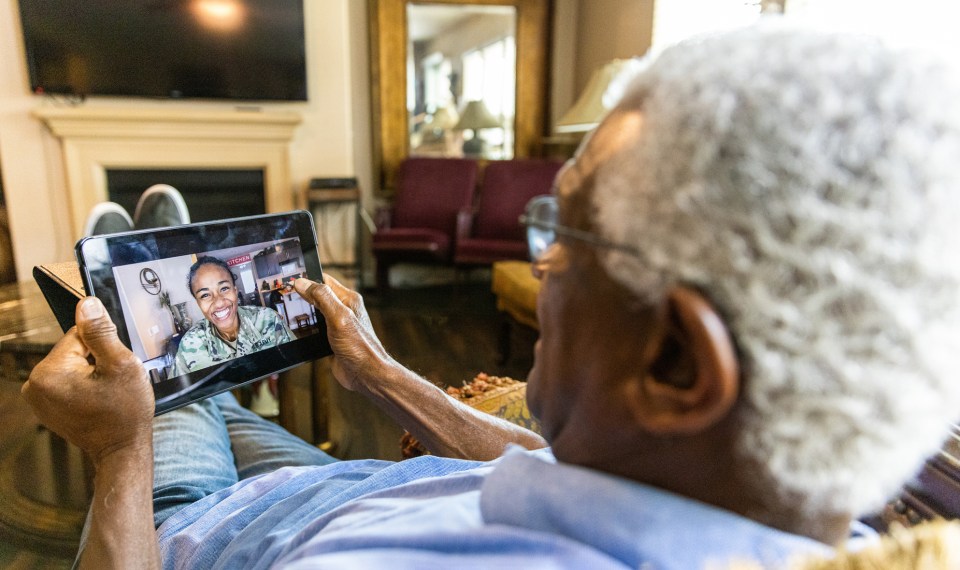For the last 40 years, I would caution patients about to have surgery that they may feel cognitively dulled for a few months after the surgery. I have personally experienced this and chalked it up to the physical stress of the surgery and all the medications that they give you to paralyze you, dry you up and then reverse it all to wake you up. However, now there is a literature and a syndrome, Post–Operative Cognitive Decline (POCD), that is clearly recognized by anesthesiologists and is making its way to other specialties.
A patient who has undergone major surgery may appear tired, a bit confused and cognitively impaired. It is easy to chalk it up to “ICU-itis” or sleep deprivation, but they probably have a form of POCD. It is common—41% of elderly patients demonstrate some cognitive impairment following surgery with anesthesia. After three months, 10% are still impaired. Consecutive surgeries may lead to incremental cognitive decline with each successive surgery.
The message: If you are a patient who feels cognitively dulled after surgery, you may have POCD.
What Are the Symptoms of POCD?
POCD is characterized by slowing of brain processing speed and deficits in memory and executive function. These are also the first things to decline with normal aging. The elderly and the very young are more susceptible to POCD. Normal aging is accompanied by changes in the blood brain barrier permeability allowing more toxins to pass into the brain. Inhaled volatile anesthetic gases and intravenous agents can cause anatomic changes in the brain. Brain atrophy and white matter lesions have been shown to be associated with delirium and POCD.
We assume that modern anesthesia and surgery are “innocuous, transient and without injurious changes to the central nervous system. The assumption has been that general anesthesia does not cause neuronal damage but acts on the central nervous system (CNS) in a reversible fashion.” However, studies such as the one by Evered and colleagues suggest otherwise. Their conclusion: general anesthesia and surgery exert neurotoxicity on the CNS.
Surgeons and anesthesiologists are becoming increasingly aware of post-operative neurocognitive deficits. Rehabilitation specialists need to have a high index of suspicion for any patient who has had general anesthesia and surgery.
If your loved one just had surgery, answer this critical question, “Are they any different than before they had surgery?” If you are the patient, ask yourself the same question. You may be surprised how many cognitively impaired patients you will uncover. They may need cognitive rehabilitation.
Hopefully, POCD is now on everyone’s radar screen.
Evered L, Silbert B, et al. Association of Changes in Plasma Neurofilament Light and Tau levels With Anesthesia and Surgery. JAMA Neurol 2018: 75:542-47.
Detweiler MB. Postoperative Cognitive Dysfunction: What Anesthesiologists Know That Would Benefit Geriatric Specialists. J Geriatric Med Gerontol 2018; 4: 038.
The content of this site is for informational purposes only and should not be taken as professional medical advice. Always seek the advice of your physician or other qualified healthcare provider with any questions you may have regarding any medical conditions or treatments.




